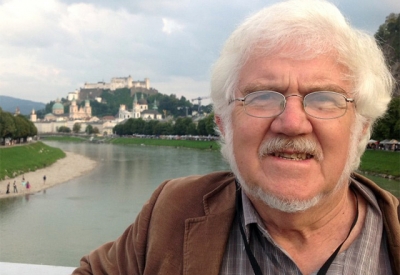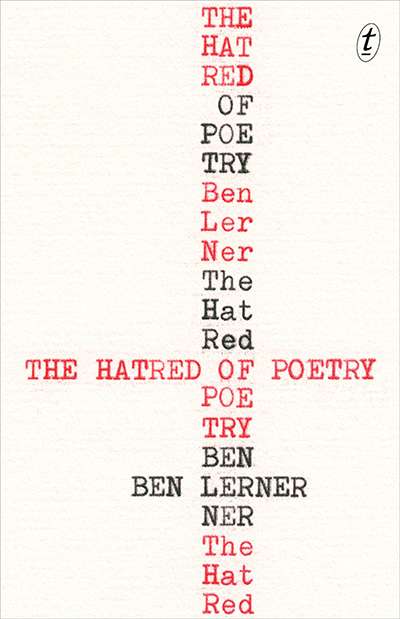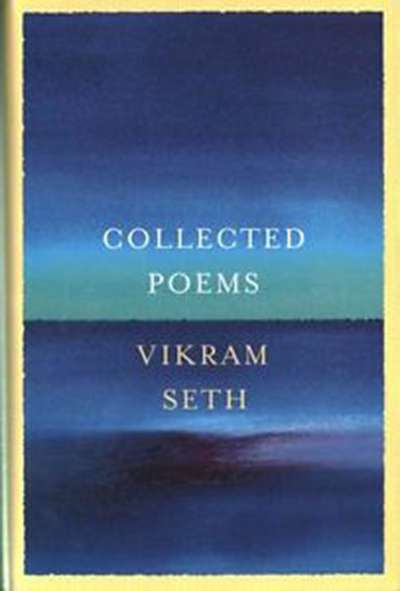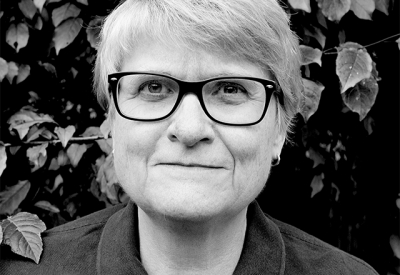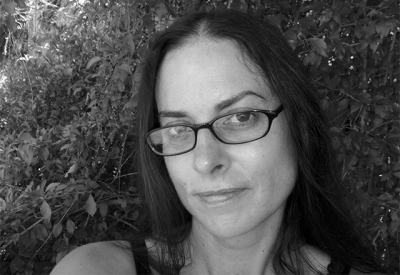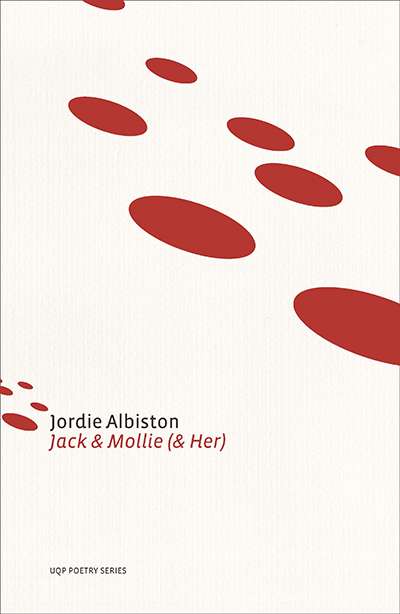Poetry
Public oratory and prose fiction both need a significant degree of rhythm, but for almost all poetry (including free verse) rhythm is indispensable. Both genres use the 'sound effects' of assonance, alliteration, etc., but verbal music is more important to poetry than to prose.
... (read more)The last two lines of Tony Page's Dawn the Proof (Hybrid Publishers, $25 pb, 87 pp, 9781925272239) ask 'how to seize / the grains of now'. One of Page's (implicit) ...
... (read more)Do people hate poetry, as the title of Ben Lerner's terrific book-sized essay implies? In Lerner's account, poetry is associated with hatred and contempt, even by ...
... (read more)Lucas Smith reviews 'She Woke & Rose' by Autumn Royal, 'Lake' by Claire Nashar, 'Common Sexual Fantasies, Ruined' by Rachel Briggs, 'Spelter to Pewter' by Javant Biarujia, 'Koel' by Jen Crawford, and 'Broken Teeth' by Tony Birch
A new poetry press in Australia should always be greeted with joy, and then interrogated with rigour. These six volumes from the recently created book arm of Cordite Poetry ...
... (read more)In one of the poems in Summer Requiem, the most recent of the books in this capacious volume, Seth recalls when he decided to write, 'What even today puzzles me ...
... (read more)Poetry is, usually, shorter, and, in many but not all cases, the lines turn. I've become less attached to prose, especially prose that pretends to 'the poetic'. I'd rather read a book that's prosaic, in the true sense, than a 'poetic' novel. Some prose is poetry, of course, but not because it's poetic. I won't even start on hybrid works.
... (read more)Peter Kenneally reviews '101 Poems' by John Foulcher, 'Small Town Soundtrack' by Brendan Ryan, and 'Ahead of Us' by Dennis Haskell
Reading these three books in April, it was impossible not to see in them flashes of what Ross McMullin has described in war artist Will Dyson's drawings from World War I ...
... (read more)States of Poetry 2016 Podcast | State editor Elizabeth Allen introduces the New South Wales anthology
In this episode of the Australian Book Review's States of Poetry Podcast, state editor Peter Goldsworthy introduces the 2016 New South Wales poets: Aidan Coleman, Jelena Dinic, Jill Jones, Kate Llewellyn, Kat Bolton, and Thom Sullivan.
... (read more)Poetry can say anything that prose says, but it has to get there far more quickly and in much less space. I think this sense of spatial, psychological pressure is the main point of difference.
... (read more)Although William Carlos Williams, with some accuracy, claimed that ‘every’ poem is an ‘experiment’, the number of successful experiments is relatively rare. Jordie Albiston’s new ‘long poem’ or ‘verse novel’ (call it what you will) is triumphantly experimental in both technique and content.
In technique, Albiston has done several things whi ...


